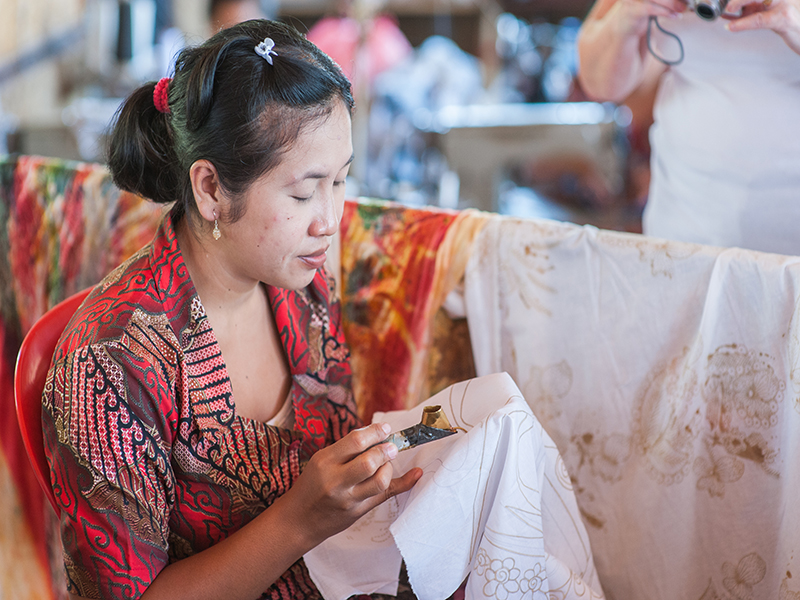New Delhi: To mark International Women’s Day, WHO is highlighting the critical links between gender, climate and health, calling on countries in the South-East Asia Region and globally to recognize and promote women’s participation in building a healthier, more sustainable future.
An estimated 80% of people displaced by climate change are women.
Although natural disasters – including climate-related weather events – create hardships for everyone, on average they kill more women than men, or kill women at a younger age than men, especially in countries where women have low social, economic, and political status.
Between 2030 and 2050, climate change is expected to cause an additional 250 000 deaths per year globally from hazards such as malnutrition, malaria and heat stress – hazards that are already prevalent in our Region, and which disproportionately impact low-income and disadvantaged communities and groups, including women and girls.
"Amid the COVID-19 response, WHO continues to support countries of the Region to integrate gender, equity and human rights into all programme areas, including efforts to mitigate the health impacts of climate change and build climate-resilient health systems, in line with the 2017 Malé Declaration," Dr Poonam Khetrapal Singh, WHO Regional Director for South-East Asia said in a statement on Tuesday.
In 2021, Bangladesh made targeted efforts to collect and analyze sex-disaggregated data on sub-populations vulnerable to climate change, identifying a series of health risk factors that will be prioritized in mitigation efforts.
With WHO support, Indonesia has integrated gender and social inclusion measures into its new national roadmap for water, sanitation and hygiene (WASH) in community health centres, with the aim of meeting every woman’s menstruation, pregnancy and childbirth needs.
"To accelerate Region-wide progress at the gender-climate-health intersection, several priorities must be addressed," she said.
First, increasing Region-wide efforts to carry out gender analysis of the health impacts of climate change, ensuring that the reasons for gender differences in vulnerability, adaptive capacities and outcomes are understood and accounted for in mitigation measures.
Second, strengthening initiatives to address the underlying causes of climate vulnerability – including as they relate to gender – such as disproportionate rates of poverty, lack of social empowerment, and inadequate access to health, education and social protection services.
Third, recognizing and promoting women’s participation in efforts to mitigate the health impacts of climate change, strengthen disaster risk reduction, and improve WASH.
"In all countries of the Region, women’s voices and priorities must not just be heard but included in policies and programmes that promote gender equality and which build a more sustainable future for all," she said.
Cek Berita dan Artikel yang lain di Google News
FOLLOW US
Ikuti media sosial medcom.id dan dapatkan berbagai keuntungan



















